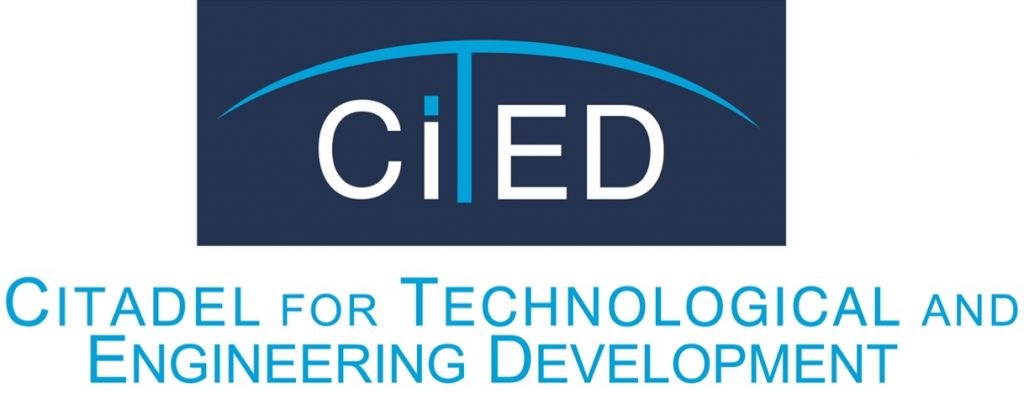This 3-day training program equips participants with the knowledge and skills necessary to design, construct, and maintain low-cost water supply systems in resource-constrained settings. The training will cover various approaches, materials, and techniques to ensure sustainable access to clean water for communities in need.


Introduction:
This 3-day training program equips participants with the knowledge and skills necessary to design, construct, and maintain low-cost water supply systems in resource-constrained settings. The training will cover various approaches, materials, and techniques to ensure sustainable access to clean water for communities in need.
Objectives:
Design Principles and Technologies
- Understand the importance of low-cost water supply systems.
- Identify key considerations during system design, including community needs, water source selection, and system capacity.
- Explore various low-cost water supply technologies:
Day 1 : Design Principles and Technologies
- Understand the importance of low-cost water supply systems.
- Identify key considerations during system design, including community needs, water source selection, and system capacity.
- Explore various low-cost water supply technologies:
- Rainwater harvesting
- Spring water development
- Shallow well construction
Day 2 : Construction Techniques and Best Practices
- Gain practical knowledge of construction techniques for various low-cost water supply systems.
- Learn best practices for safe and sustainable construction.
- Understand basic maintenance tasks for different system components.
- Construction techniques for rainwater harvesting systems.
- Spring protection and collection methods.
- Shallow well construction (safety precautions, materials selection).
- Hand pump installation and maintenance.
- Pipe laying and jointing techniques.
Day 3 : Operation and Maintenance
- Understand the importance of operation and maintenance (O&M) for system sustainability.
- Identify common O&M challenges and learn troubleshooting techniques.
- Develop basic skills for routine maintenance tasks.
- Explore capacity building strategies for community-based O&M.
Conclusion:
The training concludes with a review of key learnings and a Q&A session. Participants receive training materials and resources to support their future endeavors in designing, constructing, and maintaining low-cost water supply systems in their communities. They are encouraged to apply their acquired knowledge and skills to contribute to improved access to clean water for all.

